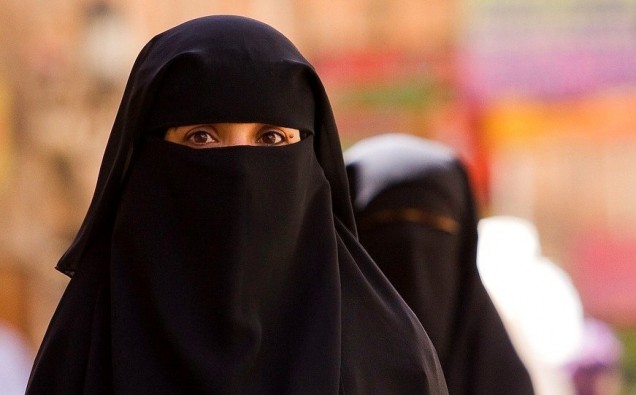Domestic abuse statistics are well known; such as two women are murdered every week as a
result of domestic violence, and 1 in 4 women in England and Wales will experience domestic abuse in their families. These statistics also include Muslim women. Some of which have been calling the Muslim Women’s Network Helpline (www.mwnhelpline.co.uk), a national service operated by the women’s rights charity Muslim Women’s Network UK, which is based in Birmingham.
Since launching in 2015, they have helped over 2000 individuals. Although domestic abuse is
the top issue making up one-third of the calls, Muslim women are also contacting the helpline
about up to 40 different issues including forced marriage, honour-based violence,
homelessness, rape, child sexual exploitation, child abuse, marital and divorce problems as
well as depression and suicidal thoughts.
One caller; Aaliyah, called the helpline because her husband had been abusing her verbally
and physically for four years. It had started by isolating her from her friends and family; she only
managed to get in contact with them when her husband went to work. The abuse gradually
progressed to swearing and then beating. And eventually, if she didn’t comply with his sexual
demands, he would strangle and rape her.
Aaliyah managed to in get touch with her parents, but when she told them about the abuse, they misinformed her that it was her husband’s right and her Islamic duty to obey him. Aaliyah
had become desperate because even her own parents would not support her; they felt a
divorce would bring shame to their family. She was being pressured to remain in a marriage
that was harmful, and putting her at risk.
However, Aaliyah could no longer endure the abuse, and she called the helpline. She was provided safety advice, informed about her legal rights and told about support available to her. Once she decided to she wanted to leave, the helpline helped move her to a safe refuge, supported her to claim benefits and provided counselling so she could cope with the trauma of the abuse.
Although Aaliyah had the confidence and courage to reach out for help, there are many still
afraid to disclose their abuse or are ignored when they do, the consequences of which can be
fatal. In the last few years alone more than a dozen Muslim women have been murdered by
their partners or ex-partners in the UK.
In 2014, 28-year-old Sara Al Shourefi, a mother of four, from Sheffield was subjected to 270 injuries with an electric drill and metal bars and also left with a screwdriver embedded in her eye socket. Last year 37-year-old Sohbia Khan suffered 36 injuries across her body, including burns from an iron before she was murdered.
The helpline also receives numerous calls about forced marriage despite it being against the
law in the UK since 2014 carrying a potential prison sentence of up to 7 years. Young women
are still being pressured into marrying men chosen by the family.
In May of this year, a couple in the UK were convicted of forced marriage charges because they tricked their teenage daughter into travelling to Bangladesh in an attempt to force her to marry her first cousin.
In the same month at another trial that took place in Birmingham Crown Court, a mother was
convicted because she forced her 18-year-old daughter to marry a man 16 years older during
a family holiday to Pakistan.
Clearly, there are many issues facing Muslim women and girls in the UK, and those being dealt
with on the helpline are only the tip of the iceberg. As the MWN Helpline provides a lifeline,
if you are having problems or know someone that is, please contact 0800 999 5786, Monday
to Friday (10am to 4pm).














